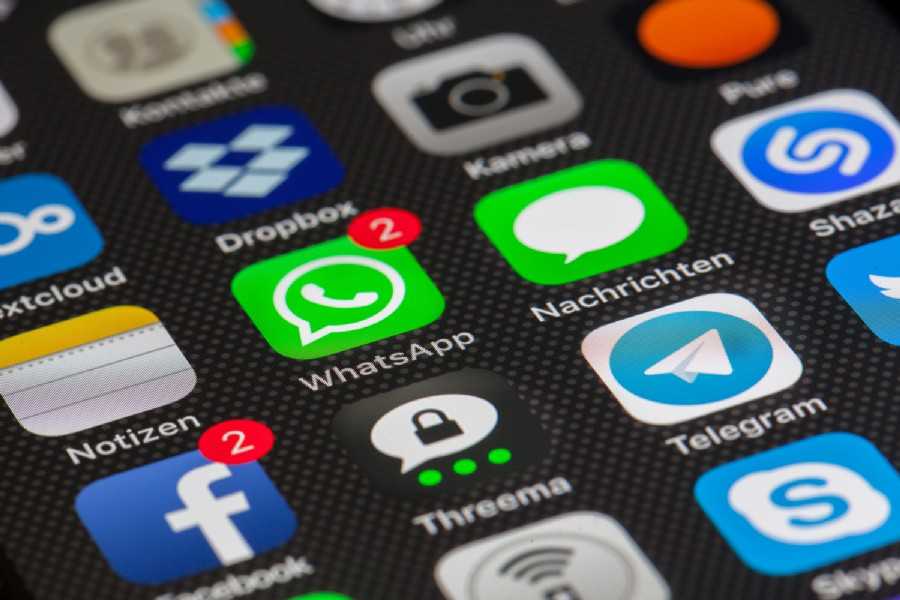Facebook Wants To Combine Messenger, Instagram, And WhatsApp: Here's What That Means

Facebook CEO Mark Zuckerberg has expressed his desire to unify in some way the messaging component of nearly all the major apps Facebook owns, including Messenger
, Instagram
, and WhatsApp
.
That means the apps themselves would remain separate experiences, but the messaging structure underpinning them would be the same.
Facebook Merging Messaging Platforms
This comes from a new report
by The New York Times. The move, although relatively simple on paper, stands to impact the billions of people who use those aforementioned services daily. One potential aftermath of this change sees Facebook being able to create a single user profile from its different aps to better target ads.
End-To-End Encryption
All the mentioned apps are also going to receive end-to-end encryption moving forward. For the uninitiated, end-to-end encryption refers to a security layer in which only the sender and receiver of a particular message thread can see their entire exchange, with no backdoor agents let in. Simply put, this prevents anyone outside the conversation from ever reading in.
"We're working on making more of our messaging products end-to-end encrypted and considering ways to make it easier to reach friends and family across networks," according to a spokesperson for Facebook. "As you would expect, there is a lot of discussion and debate as we begin the long process of figuring out all the details of how this will work."
Going back to the unification of its messaging apps, Facebook says that plan is still in its early stages, with hopes to complete it by early 2020 if not the end of this year. It's a huge undertaking: people familiar with the effort say it will require thousands of Facebook employees to reconfigure how Messenger, Instagram, and WhatsApp work at the most basic level.
Why Is Facebook Doing This?
But the big question is, why? Apparently, Zuckerberg wants to increase Facebook's utility and keep users highly engaged inside the company's ecosystem. In effect, doing so could reduce the chances of people going to rival services, staying instead with Facebook's many apps for all their messaging needs.
In any case, the plan represents a start reversal of Zuckerberg's attitude toward the apps Facebook owns. At the time of their acquisition, the CEO promised that both WhatsApp and Instagram would have plenty of autonomy from their parent company.
But both of those apps have grown significantly since, which is why Zuckerberg is shifting his original stance, according to one of the report's cited sources. In fact, the CEO has become more hands-on with those companies in recent years, prompting some executives to leave.
their post presumably because of Zuckerberg's increased meddling.
Zuckerberg now believes knitting together those services will benefit the company's "family of apps" by making them more useful. But plans always change, of course. Make sure to check back with Tech Times as we learn more.
Source: https://daddyhood.net
Previous Story
- The pitfalls of facebook mergfing messenger, instagram, and...
- Facebook removes accounts related to inauthentic behaviour in...
- Why Facebook Hasn’t Released The ‘Clear History’ Feature...
- Facebook Launches New Database That Shows US Political...
- Looking back at Google+
- Want to delete your Facebook account? It'll take...
- Facebook hacker stole login information for 50 million...
- Google CEO goes to Washington, will return to...